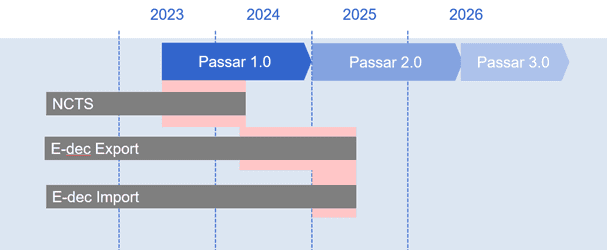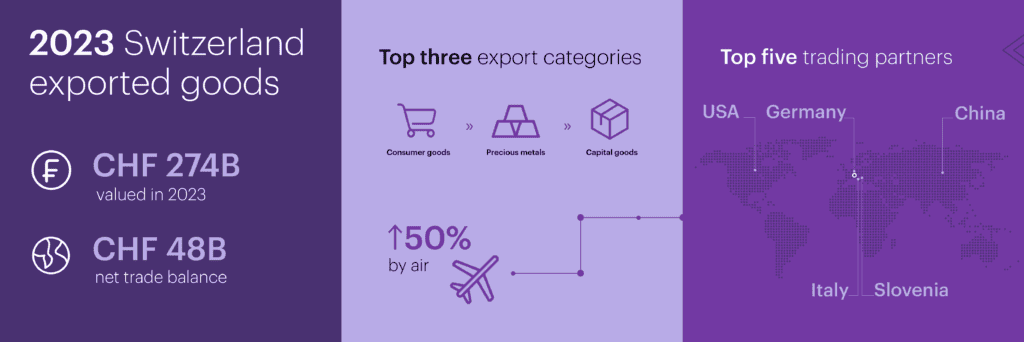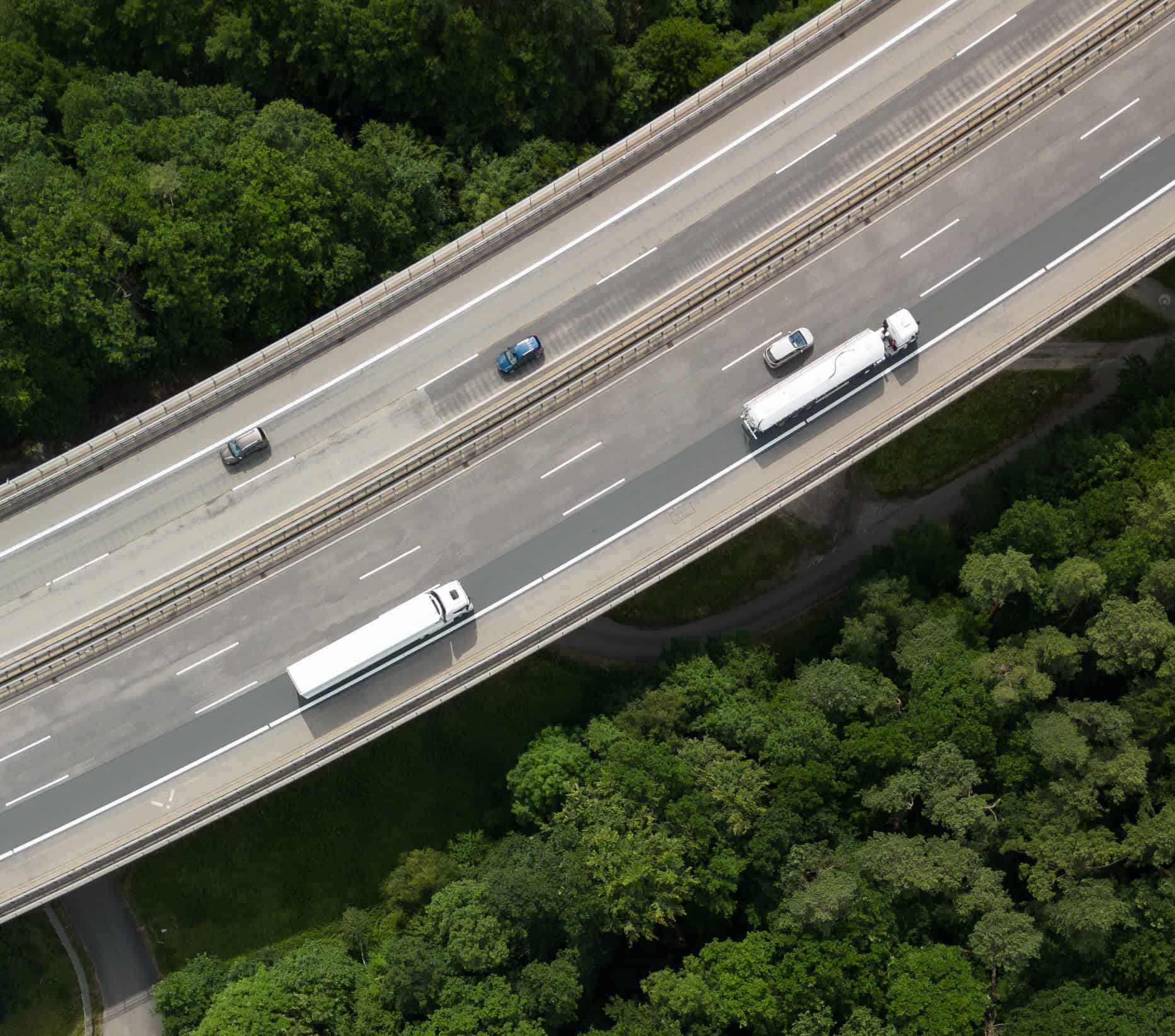
Switzerland’s custom landscape is undergoing a digital revolution. Whether you’re a transportation provider, seasoned exporter, frequent importer, or anywhere in between, Passar will reshape your interactions with Swiss customs. Starting in June 2023, the transition will gradually replace existing freight applications NCTS and e-dec through the end of 2026.
This blog post is your roadmap to navigating Passar successfully. We’ll break down what Passar is, touch on key implementation dates, and review how it will impact your business operations. Most importantly, we’ll guide you on how to prepare for this change, ensuring that you’re poised to thrive in Switzerland’s new digital customs era.
What is Passar?
Passar 1.0, rolled out on June 1, is the first version of the Federal Office of Customs and Border Security’s (FOCBS) new goods traffic system for the digital processing of customs procedures in Switzerland. It’s designed to streamline and modernize how goods are imported and exported, and will gradually replace existing e-dec and NCTS in three stages. Passar 2.0 and 3.0 will be rolled out in 2025 and 2026 to introduce new import and special procedures.
Passar is part of the FOCBS’ DaziT program which aims to simplify, harmonize, and fully digitalize all processes related to transit, exportation, importation, special customs clearance, and the collection of other levies. Dazi is the Romansh word for Customs; Romansh is one of the four official languages of Switzerland.
For the movement of goods between countries other than the EU member states and Norway companies must submit an electronic advance declaration. The advance declaration is based on the security data that must be entered in the “Security Amendment” fields in the NCTS IT system. E2open Global Customs Filing is NCTS certified, and we have already successfully transitioned our customers to the new transit procedure and are on track to achieve the same on the Passar export procedure.
Key Dates for Passar
- June 1, 2023: Launch of Passar 1.0 for transit and beginning of the transition phase for export
- January 1, 2025: Launch of Passar 2.0 for import
- July 1, 2025: Export and import only with Passar, e-dec is deactivated.

Export
Traders using the interim solution, e-dec Export, can start transitioning to Passar now. The deadline to fully transition to Passar is June 30, 2025, when FOCBS will decommission e-dec Export.
In Passar, each export declaration must link to a transport declaration. It is recommended to have the transport declaration before goods arrive at the border to avoid delays. FOCBS notifies the release of goods or an inspection decision after an export goods declaration is activated. It is a best practice to activate a declaration when goods are dispatched for export to avoid potential corrections and cancellations. Traders can request subsequent corrections to the declarations or file an appeal against assessment within 60 days of export.
With Passar 1.0, traders can access and manage certain data with a one-time registration in the ePortal. In addition, access to assessment decisions by the FOCBS will also be available.

Import
Traders who exclusively import goods into Switzerland are not affected by Pasar 1.0. Importers can continue to use the e-dec Import and e-dec Web applications until mid-2025. Import procedures will transition to Passar starting in January 2025 with the launch of Passar 2.0.
E2open is working with FOCBS to certify the e2open Customs Filing application to the Passar 1.0 requirements. E2open’s Customs Filing Solution is expected to be certified in time to get through Passar 2.0 transition in 2025.
How do you prepare for Passar?
As Switzerland marches towards a fully digitized customs landscape, Passar represents both a challenge and an opportunity for businesses engaged in cross-border trade. With key deadlines approaching, the time to act is now. Start by educating your team, assessing current processes, and planning for the necessary adjustments.
E2open’s customs experts are ready to support you with this transition. We are well-versed in Passar’s requirements and can help your organization navigate the complexities of this new system. From understanding technical specifications to reimagining your customs workflows, we’re here to ensure your business is positioned for success.
Ready to take the next step? Let’s talk about how e2open can help you transition to the future of digital customs clearance in Switzerland.
Sources:
Switzerland customs authority Passar 1.0: staggered changeover (admin.ch)
Switzerland trade statistics https://www.bazg.admin.ch/bazg/en/home/topics/swiss-foreign-trade-statistics/daten/kennzahlen.html







